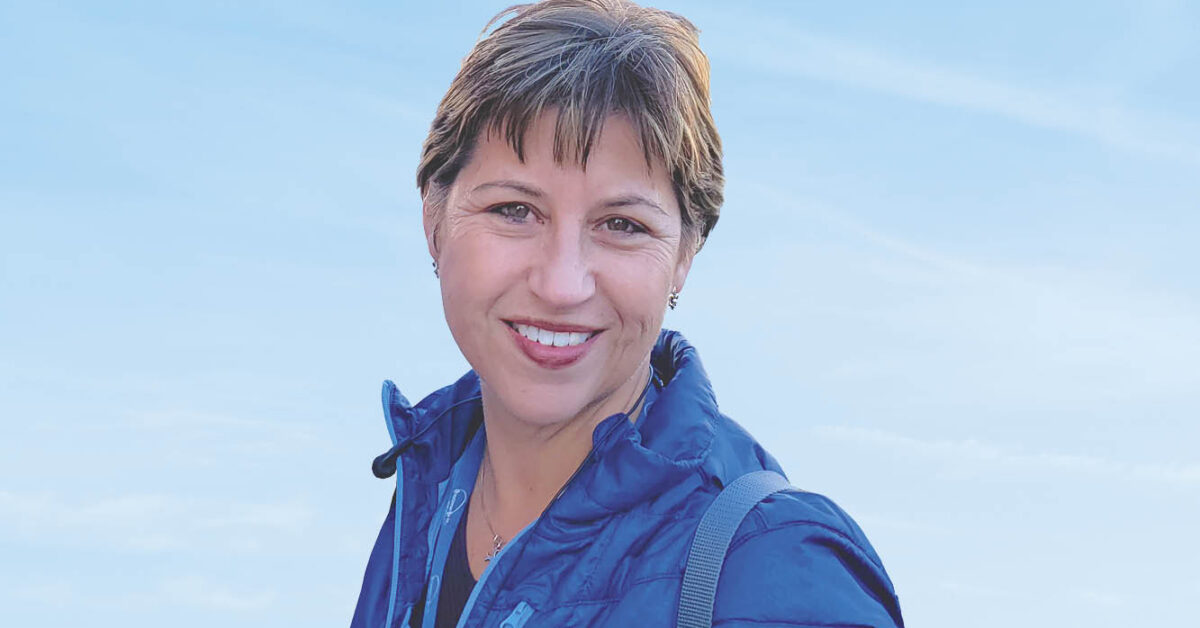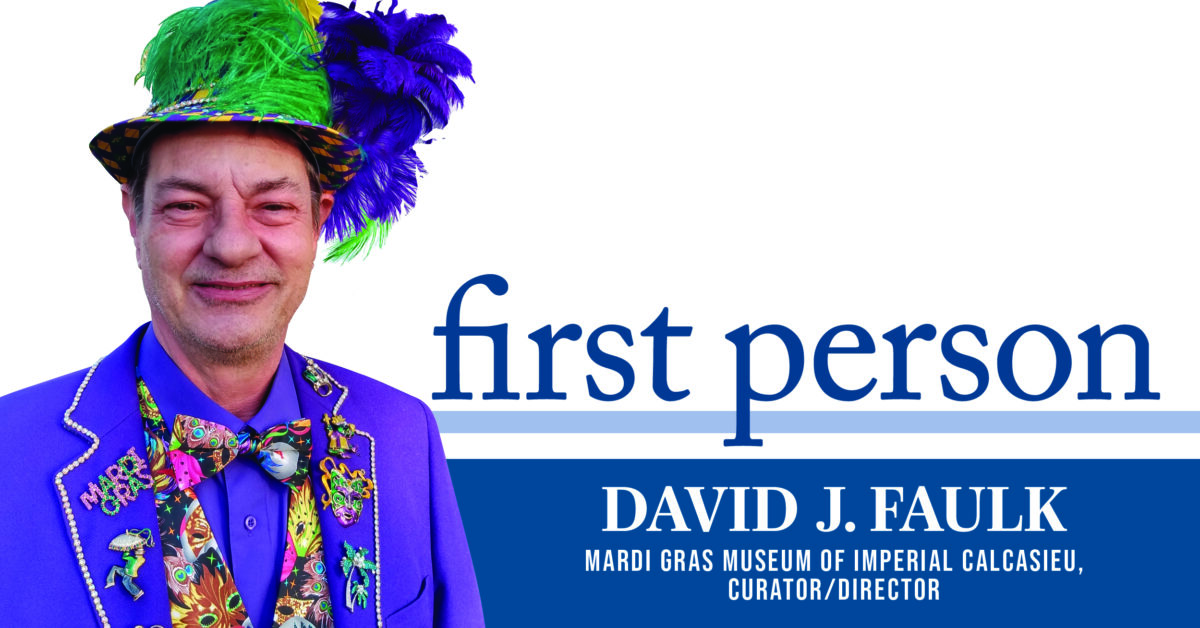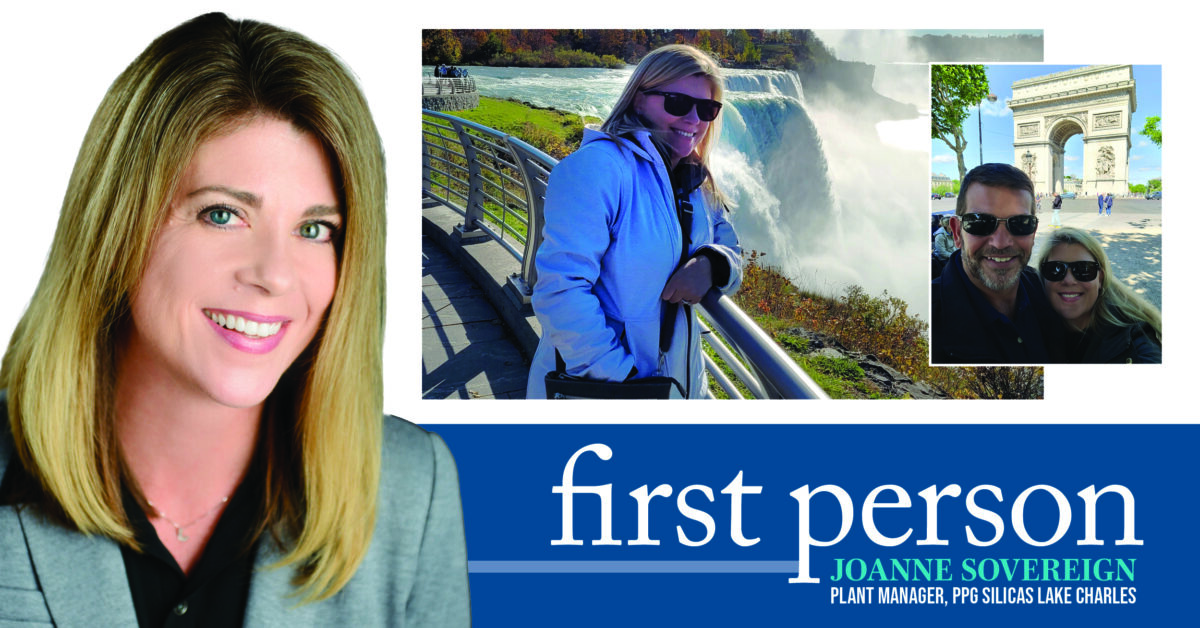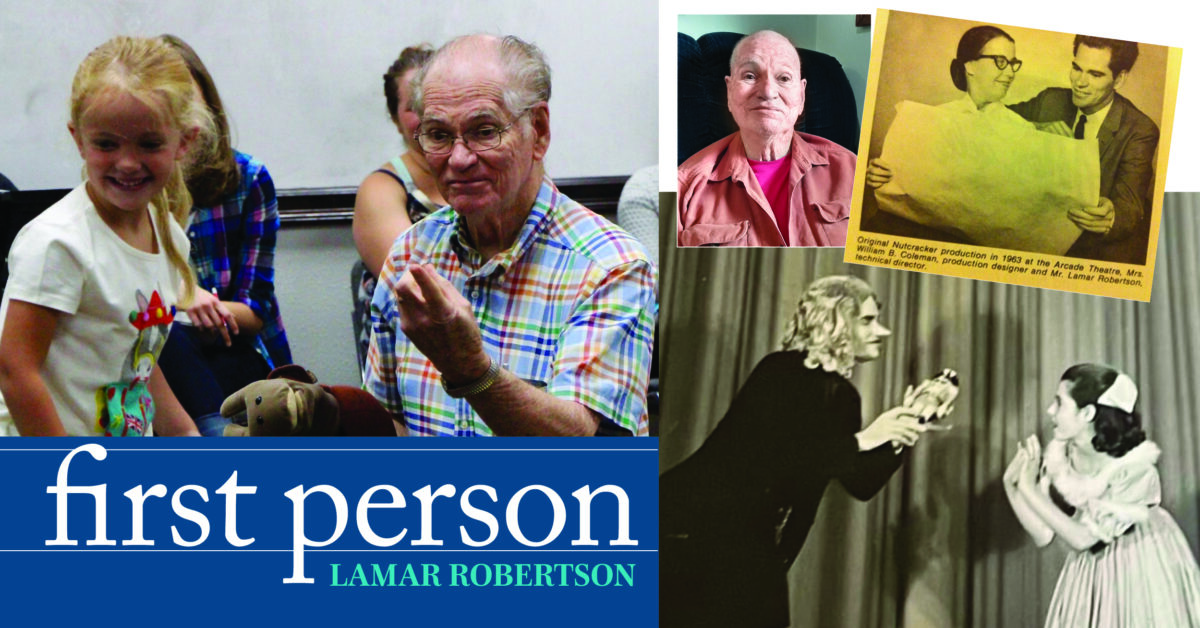
Recovery Spotlight – Calcasieu Community Clinic
May 2021
Lake Charles City Court Announces Fresh Start Amnesty Program
May 2021by Angie Kay Dilmore
Born and raised in Lake Charles, La., Amy Dunn’s parents, Bob and Marilyn Dunn, were active in their church and various organizations and taught Amy and her two sisters the importance of community involvement. Amy graduated from LSU with a bachelor’s degree in psychology in 1988 and worked as a Mental Health Technician in the newly opened adolescent psychiatric unit at Lake Charles Memorial Hospital. She pursued a Master of Social Work degree at LSU, graduating in 1993. She’s been a Licensed Clinical Social Worker since 1997. Amy was first introduced to the Educational & Treatment Council, Inc. (ETC) as a teenager when her mother began working there. At age 19, Amy volunteered for a day camp hosted by ETC for financially disadvantaged children. “After that, I was hooked and knew I wanted to work with kids,” Amy says.
Thrive magazine recently caught up with Amy, and she shared the joys of working with an organization that has helped thousands of SWLA youth and the daunting challenges this past year has brought to ETC.
Describe your career journey at ETC.
I was hired as a case manager at Harbour House, The Emergency Shelter for Children in January 1991. The first intake I had on my first day at the shelter was a sibling group I had worked with at the ETC day camp five years earlier. I loved being a case manager! I had wonderful coworkers and supervisors who mentored me, and I learned much about the profession and myself. Of course, the children were the best teachers. I worked with some amazing youth.
I became the clinical director at Harbour House in 1994 and then director of residential programs in 1998. In 1999, Martha Parnell resigned as the ETC Executive Director and I was hired as the new executive director. I will always be grateful to the support I received from family, Martha, friends, and coworkers who encouraged me to apply, as well as the board members who selected me.
What do you find most rewarding about your work at ETC?
Knowing that our services make a difference in the lives of our clients. We have dedicated staff that embrace our belief that all families and youth have strengths and that it is our role to help build on those strengths. Our clients often deal with very challenging issues and we are grateful that they let us work with them to improve their situation. I love when former clients make contact years later to let us know they are doing well.
What are the challenges?
In a typical year, the biggest challenge is procuring and maintaining the grants and contracts needed to fund the programs and services for our clients. There is no financial obligation to ETC clients. We are primarily funded by contracts and grants with local, state, and federal agencies. ETC also relies on contributions from the community and fundraising events. This year has special challenges due to the pandemic and the hurricanes.
How did the events of 2020 affect the services of ETC?
2020 was definitely a challenging year. Like everyone, COVID-19 changed the way we did business. Our programming at Harbour House and the Transitional Living Program had to be adjusted so that we could ensure the safety of youth and staff. Our community programs had to offer services virtually instead of making visits in the homes of clients. We cross-trained our community program staff so that they could work in the residential programs as needed. But while our services may have looked different, we remained focused on our mission and serving clients.
The hurricane evacuations involved multiple moves of staff and youth in order to find the best options. The two buildings owned by ETC – Harbour House and the ETC Outreach Center – sustained significant damage from both Hurricanes Laura and Delta, rendering each facility uninhabitable. The apartment complex which houses the Transitional Living Program was also damaged. Like many, we’ve had contractor issues that resulted in repair delays. And the winter freeze in February caused more damage and further delays. Harbour House is currently operating at a reduced capacity in a temporary location. Our community programs are fully operational.
Our insurance company has been great (thus far) despite the numerous claims (two building claims each for Hurricanes Laura and Delta, four vehicle claims from Laura, contents on both buildings for Laura, extra expense claim for Laura, freeze claim for building and contents at Harbour House). Needless to say, there’s a lot to track.
When was ETC started?
Giles Gilliam, clinical social worker, founded ETC in 1975 on the basic premise that community involvement and support is essential for resolving community problems. For 46 years, ETC has targeted services to youth and their families from at-risk populations. The first programs of ETC were outpatient drug abuse treatment for adolescents and high school equivalency training for youth who did not perform well in the typical classroom setting. From humble beginnings, the agency grew steadily through the decades. In 1985, ETC opened Harbour House, The Emergency Shelter for Children, to fulfill a community need for a safe place for youth in crisis. Since opening, Harbour House has had over 9,500 intakes representing more than 153,000 days of care. While remaining faithful to the mission, agency programs and services have adapted based on best practices and the changing needs of the community.
What is new on the horizon for ETC? While we have served homeless youth for decades, in the past couple of years we have initiated services for families experiencing homelessness or at-risk of becoming homeless. In late 2020, we were awarded a new federal grant to provide rapid re-housing and support services to eligible homeless families. The goals of the project are to quickly move families with children into affordable permanent housing and to help them gain skills and resources to avoid future episodes of homelessness. We look forward to implementing the program this year.
What are ETC’s needs and how can the community help you?
ETC could not have survived all these years without the generous support of the community. Fundraising is expected to be a challenge this year because so many individuals, businesses, and churches have been hurt by both COVID-19 and the hurricanes. We use donations from the community in a variety of ways to directly benefit our clients, such as creating a more homelike living environment at Harbour House, as well as for things like work uniforms, apartment starter kits, and other special needs of our youth and families.
How do you spend your free time?
When we aren’t working, my husband, Joe Stark, and I love traveling and spending time with his young adult sons. I have accompanied Joe on mission trips through Christian Veterinarian Mission to Uganda and Honduras. (He works with the animals and I do other things.) We also toured the Holy Land a few months before everything shut down due to the pandemic. It was an incredible trip!
For more information or to make a donation to ETC, go to www.etcyouth.org.






